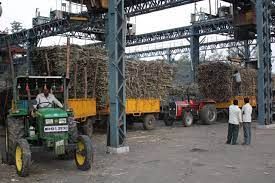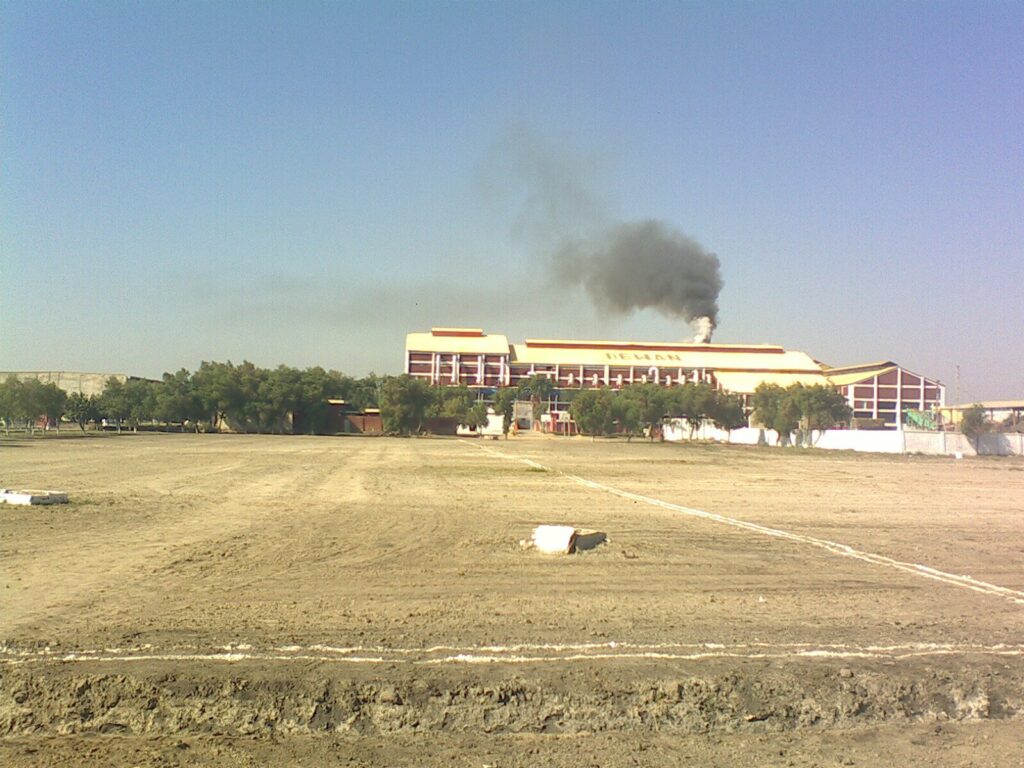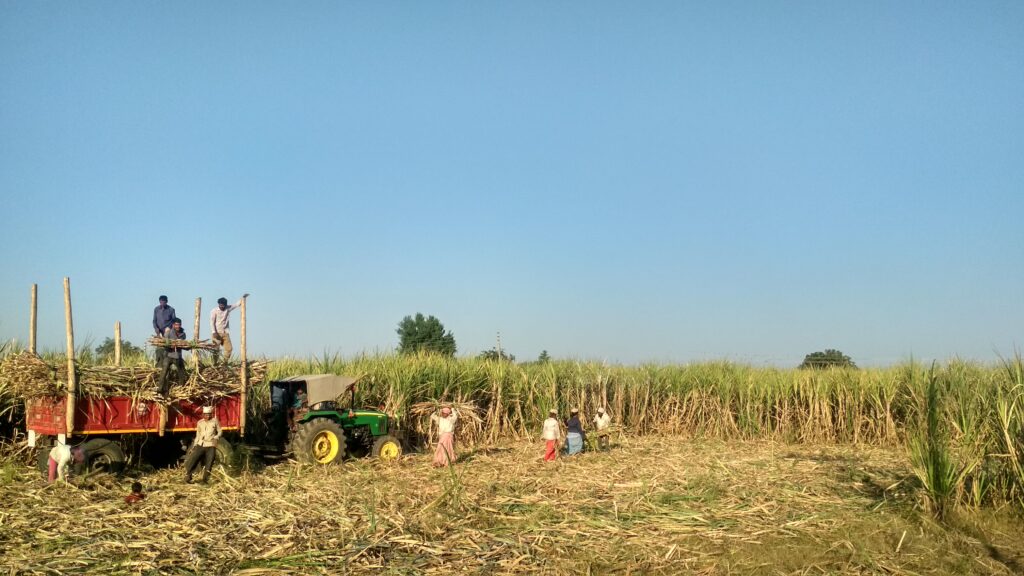By Abedullah
The Sugar Sector Reform Committee (SSRC) has released a comprehensive report. This report recommends policy interventions to reform and liberalize the sugar sector and minimize price volatility in Pakistan. Farmers will be able to sell their produce to any sugar mill. The price they receive will be based on sucrose content and will emerge through competition across sugar mills. A proposed amendment in Section 38 of Competition Act adds “a maximum penalty of PKR 75 million against Act violations. Import of sugar is to remain open and export allowed only if domestic output exceeds consumption by 1.5 MT. To monitor the pledge stock of banks, SSRC proposes launching quarterly joint inspections in collaboration with FBR and cane commissioners. Proper water pricing will lead to efficient allocation of resources.

Sugar prices in Pakistan are highly volatile due to gaps in supply and demand and inefficient markets. The cost of inefficient markets is paid by the poor consumers and government has serious concerns about it since years. The government has tried various options to minimize the impact of price volatility on consumers in recent years. These include support price of sugarcane, ceiling price of sugar, subsidy etc. Unfortunately these interventions have failed to achieve the desired objectives.
In January 2020, the Sugar Advisory Board (SAB) observed shortage of sugar due to demand and supply gap. On the recommendations of SAB in February 2020, the government banned the export of sugar but also allowed its import. SSRC devised a comprehensive, long-term solution to assure a reliable and stable supply by protecting the interests of all stakeholders. On 16 December, 2021, the SSRC released a comprehensive report comprises of three key drivers “deregulation, documentation, and enhancing competition among sugar industries”. The report is proposing several policy interventions to reform the sugar sector in Pakistan.

The report proposes determining price of sugarcane be based on sucrose content the sugarcane and competition between sugar mills. The report suggests amending the 1950 Sugar Factories Control Act. The Act which deals with indicative prices, elaborates that ex-factory prices should also be deregulated from crushing season 2023. It also recommends eradication of the 1966 Sugar Factories Establishment and Enlargement Act by the provinces. It provides free choice of crop cultivation by farmers as well as setting up sugar mills by the private sector.
The sugar reform agenda proposes provincial governments should provide the latest equipment and laboratories to cane commissioners. However, cane commissioners do not have the capacity to test each farmer’s produce in each sugar mill. Neither is such an arrangement efficient. The testing of sucrose content should take place under private sector operated labs approved by the government. The certification issued by these labs should be acceptable to sugar mills.
The reform agenda also proposes the need for incentives to grow crops earning foreign exchange (such as cotton). But no market-based solution is suggested by the SSRC. Moreover, expensive and inefficient options such as subsidy and price support should be discouraged.

Another important recommendation of the SSRC is introducing proper pricing of water on a volumetric basis to avert market failures. The studies show that sugarcane consumes about 3.5 times more water than the cotton crop. One liter of water for cotton production generates about 4 times higher monetary benefit at the farm gate and at the processing stage.
Introducing a true water pricing mechanism would lead to efficient allocation of resources. It would also preserve a scarce resource for future generation and provide a comparative advantage to cotton crop over sugarcane. The government will not need to provide any incentives or devise any intervention to promote foreign exchange earning crops. Further, it would remove the environmental externalities and would lead to the most productive and sustainable ecosystem. The report lacks clarity on implementation of the water pricing mechanism. This has serious consequences on cost of production, output prices and consumer welfare.
Currently, Pakistan has 90 sugar mills but SSRC reported that during 2020-21, only 78 sugar mills were functional – 40 in Punjab, 32 in Sindh and 6 in KP. Mills exploit farmers and consumers by delaying crushing and the report recommended avoidance of late crushing by asking provinces to make amendments to the 1950 Sugar Factories Control Act and asked the provincial governments to fix crushing date. It is further suggesting to enhance financial penalties for late crushing in the act, these penalties may include Rs 5 million fine and 12 months’ imprisonment.
To control malpractices of sugar mills in maintaining the pledged stocks, the report proposes joint inspection in collaboration with Federal Bureau of Revenue (FBR) and the cane commissioners every quarter. Any discrepancy observed would be referred to the Federal Investigation Agency (FIA) for unlawful action against the defaulter. The report is recommending to the FBR to implement IT-based Track and Trace system to control tax evasion, benami sales, undocumented transactions and other mismanagements prevalent in the sugar industry.
To avoid speculation (Satta), the report binds mills to provide details of forward contracts daily; specifying the quantity of sugar; its booking price, and the maximum lifting time limit of 15 days. Transparency in forward contracts will be preferred and they will not be ‘parchi-based’. Further, a proposed amendment in Section 38 of the Competition Act adds “a maximum penalty of PKR 75 million for violations by the associations.”
Regarding liberalization of markets, they propose abolishing indicative price of sugarcane and export subsidy. However, they also propose keeping import of sugar open and allowing export only if there is an amount of 1.5 MT over the domestic consumption. Currently, there is no restriction on importing sugar, but we observe importers need permission from Economic Coordination Committee (ECC). They can further liberalize the sugar market if they waive this requirement.
The report recommends involving media in raising public awareness about adverse impacts of sugar on health as a means of affecting demand. The adverse effects range from obesity and diabetics to cardiovascular disease and more. The report also suggests the government to invest in R&D to improve seed technology and study sugar beet cultivation, and provide low-cost credit to farmers for purchase of inputs. Further, improvement in forecast with the coordination of SUPARCO and crop reporting department may lead to efficient decision making process to materialize the reform agenda.
About the author:
good report but it has a few oversights such as the oligopolistic nature of the sugar industry